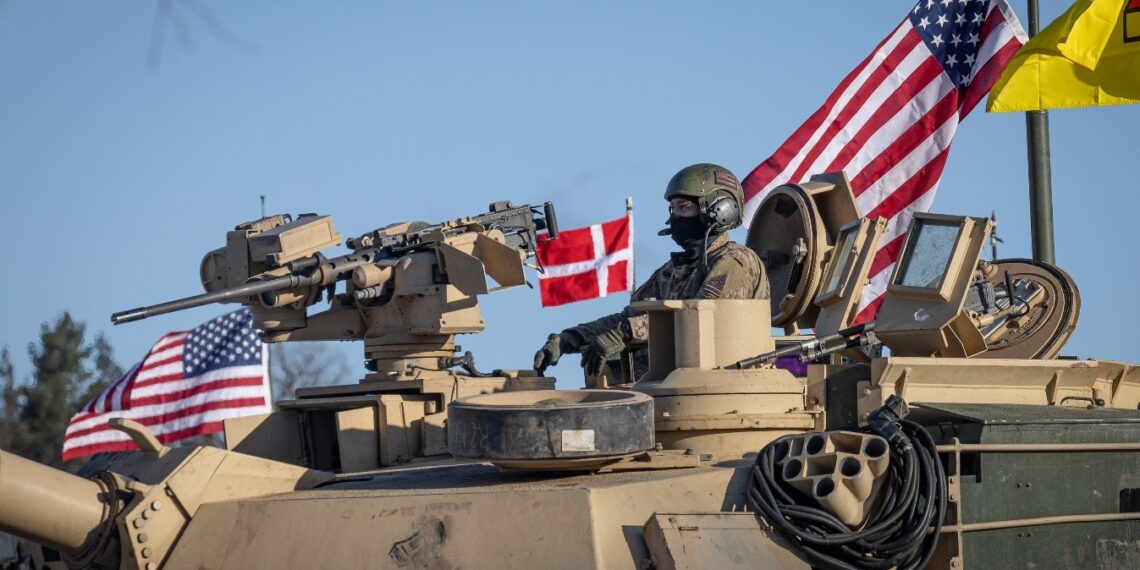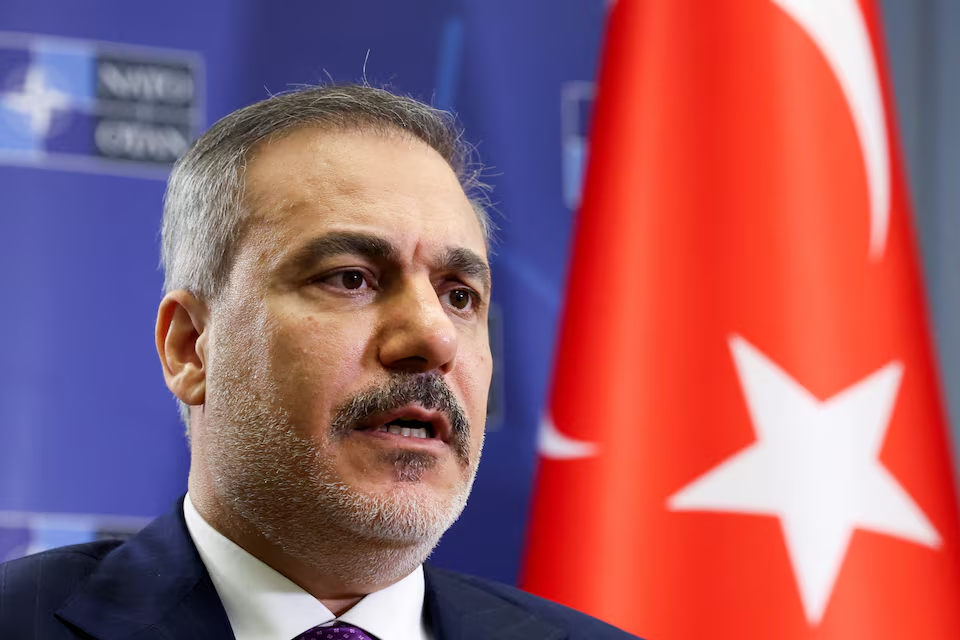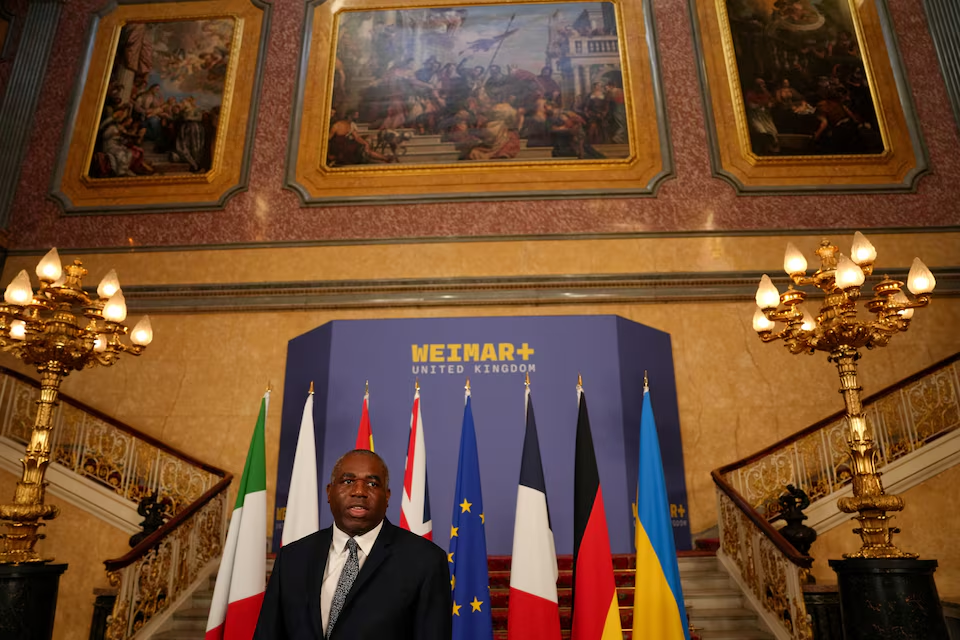Denmark’s parliament has passed a new and significant defence agreement, granting the United States expanded access to Danish military bases—a move that has sparked fierce political debate over national sovereignty and legal jurisdiction. The bill passed overwhelmingly on June 11, 2025, with 94 votes in favour and only 11 against, marking one of the biggest shifts in Denmark’s defence policy in recent memory .
What the Agreement Authorises
The agreement grants U.S. military forces the right to operate from three Danish airbases located in Karup, Skrydstrup, and Aalborg. They will be permitted to station troops, store military equipment, conduct training exercises, and perform maintenance operations. Most notably, U.S. personnel will remain under U.S. jurisdiction even when working within Danish territory, and American military police may exercise limited law enforcement authority over U.S. troops—and potentially, Danish civilians—near those installations .
Political and Public Backlash
Opponents, including the Red-Green Alliance (Enhedslisten), the Alternative party, and independent MEP Theresa Scavenius, have raised urgent concerns. They argue that the agreement effectively cedes control of Danish territory to foreign forces. Pelle Dragsted, leader of Enhedslisten, described it as “a failure to the Danish people,” warning that “we risk areas in Denmark under American jurisdiction… where mistreatment of prisoners can occur” .
The Danish Institute for Human Rights also raised objections, highlighting the risk that U.S. forces might interfere in public demonstrations or civilian movement near the bases without being subject to Danish legal processes .
Government Reassurances
Prime Minister Mette Frederiksen defended the agreement, asserting that Denmark remains responsible for overall security and domestic law enforcement. She emphasised that the deal serves to strengthen ties with the United States amid growing global instability, discouraging potential U.S. disengagement from NATO or reduced military aid to Ukraine .
Justice Minister Peter Hummelgaard echoed this sentiment, stating that Danish authorities will retain primary security control both on and off the military installations covered by the deal .
Greenland Tensions
The agreement arrives amid heightened concern due to former President Trump’s declared interest in purchasing Greenland. In reactions to earlier U.S. intelligence-gathering in the region, the Danish foreign minister reassured lawmakers that Denmark could terminate the agreement if any attempt was made to annex the territory .
Greenland’s prime minister has strongly rejected the suggestion, stating that “Greenland will never, ever be a piece of property that can be bought,” underscoring regional sensitivities .
Strategic Context
Originally agreed under the Biden administration in December 2023, the expanded pact reflects efforts to update Denmark’s strategic role within NATO amidst Russia’s aggressive posture and rising geopolitical volatility .
However, Trump’s Arctic ambitions have fundamentally changed the environment. What may once have been seen simply as bolstering NATO cooperation now carries additional implications for Denmark’s territorial integrity.
What Happens Next
Royal Signature: The bill now proceeds to King Frederik X for formal approval and publication.
Oversight Measures: Parliament will expect regular updates and oversight to ensure Danish authorities retain authority over civilian affairs and demonstration rights near U.S. facilities.
Public Sentiment: A Voxmeter poll showed 41 percent public support and 33 percent opposition, suggesting continued domestic debate over legal and democratic safeguards .
Geopolitical Watch: Observers await any attempted U.S. activity in Greenland that might trigger Denmark’s option to revoke the agreement.
—
Analysis
This agreement places Denmark at a strategic crossroads: reinforcing its transatlantic defence partnership while igniting serious discussions about national sovereignty. While officials stress that ultimate legal authority remains Danish, critics worry about the practical limits of oversight. As Greenland remains central to Arctic power dynamics, any misstep could have lasting consequences. Historically, the agreement represents a rare concession of domestic jurisdiction to a foreign military, and one that requires close democratic scrutiny during implementation.
Source: EU News



